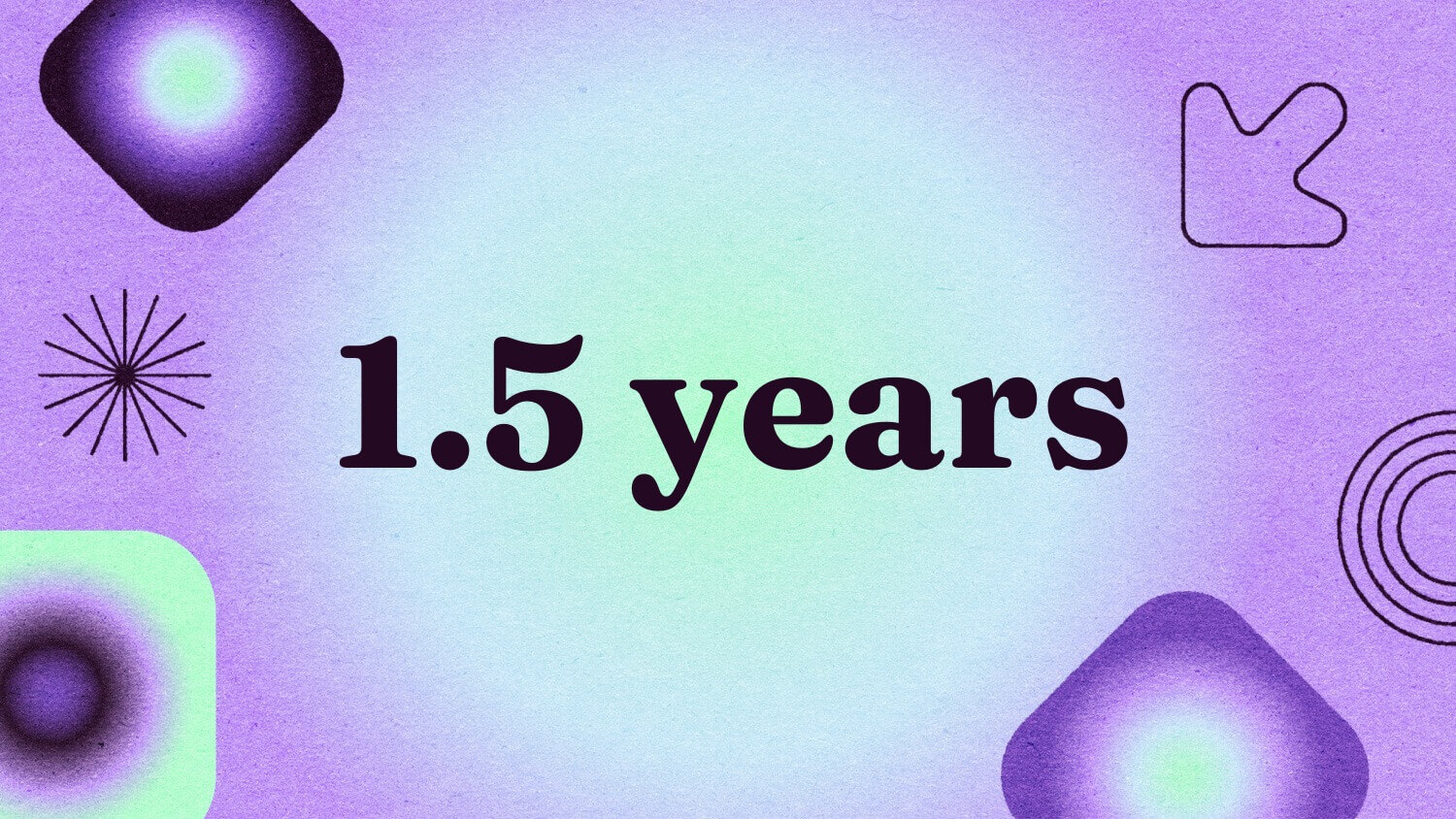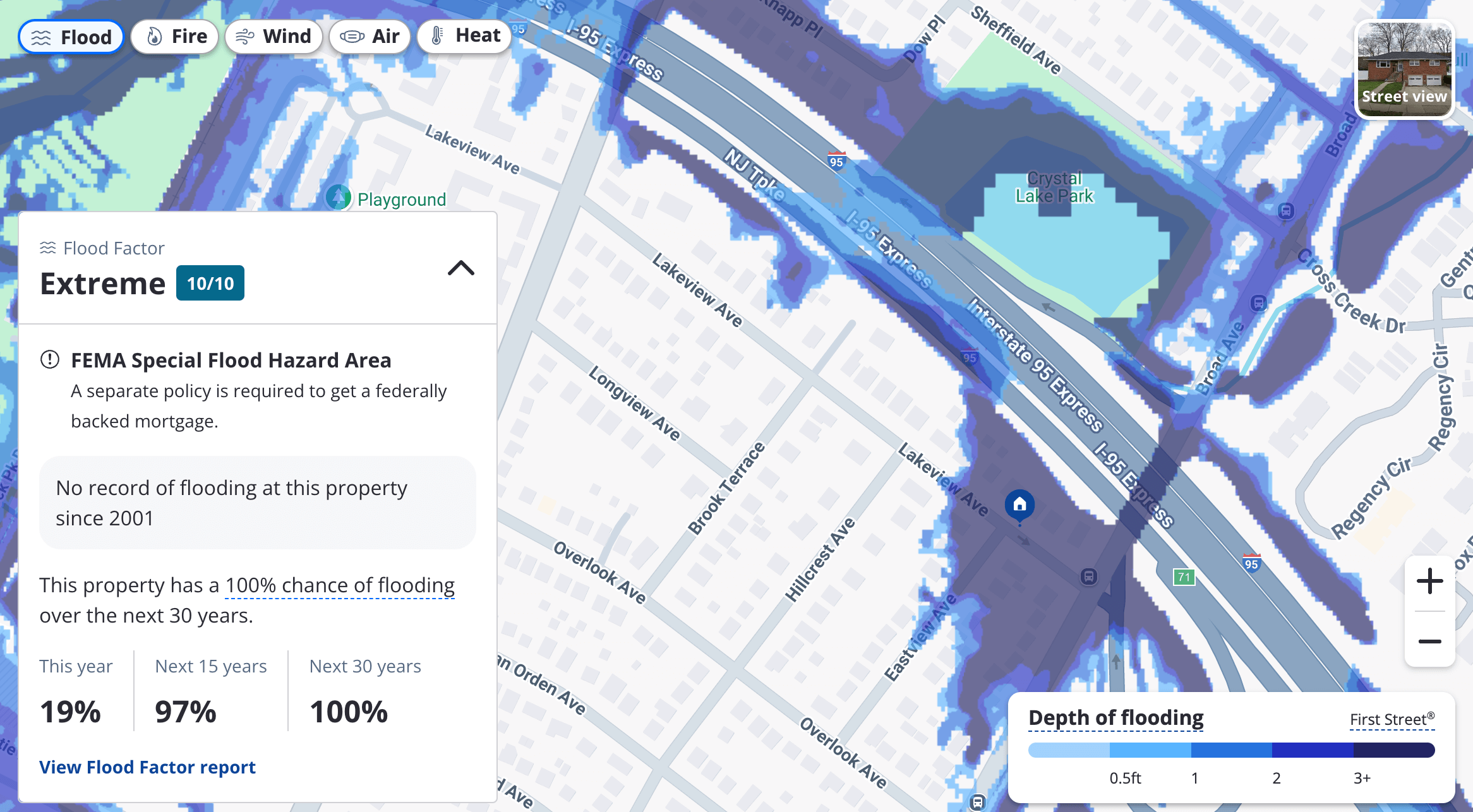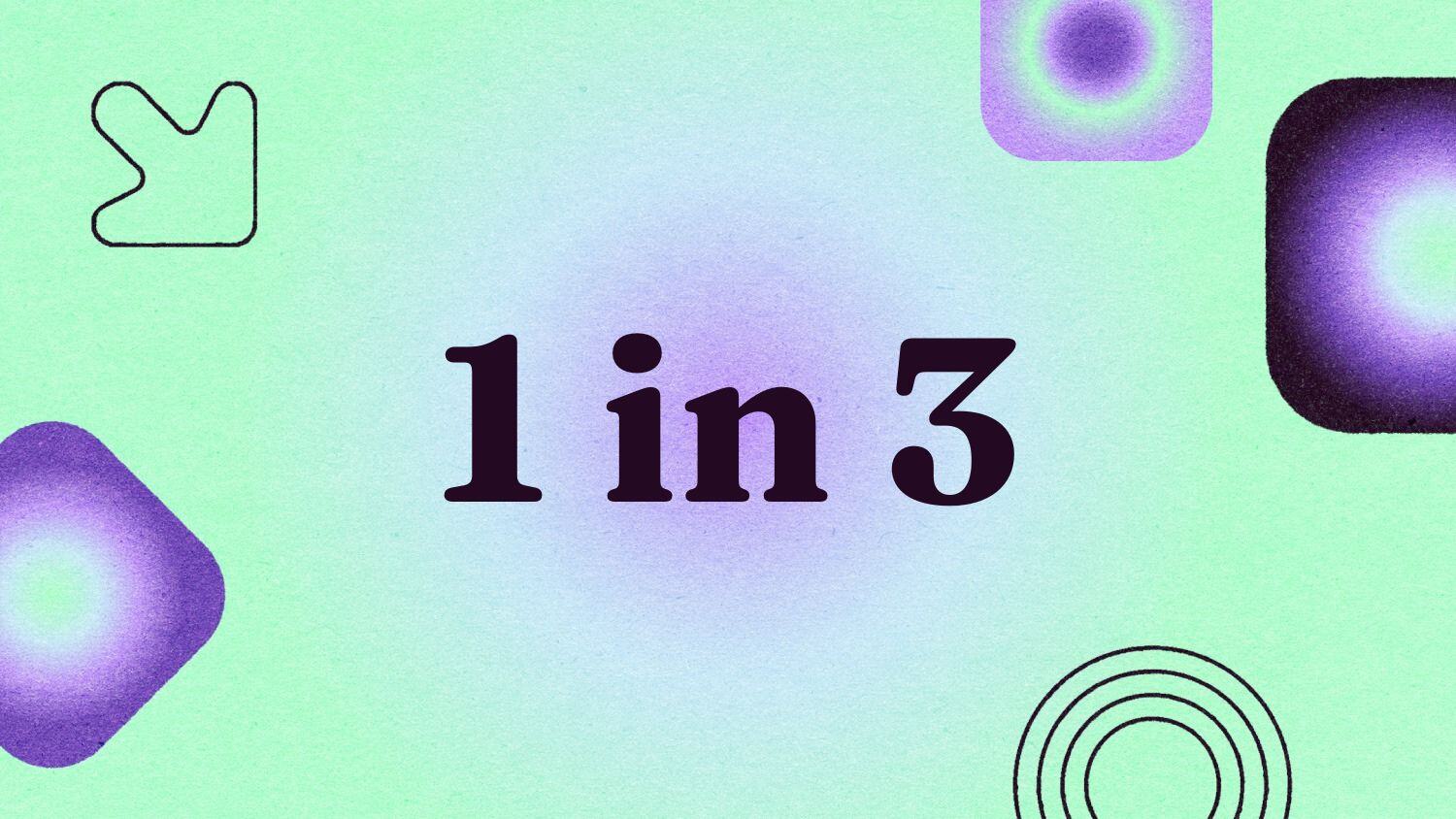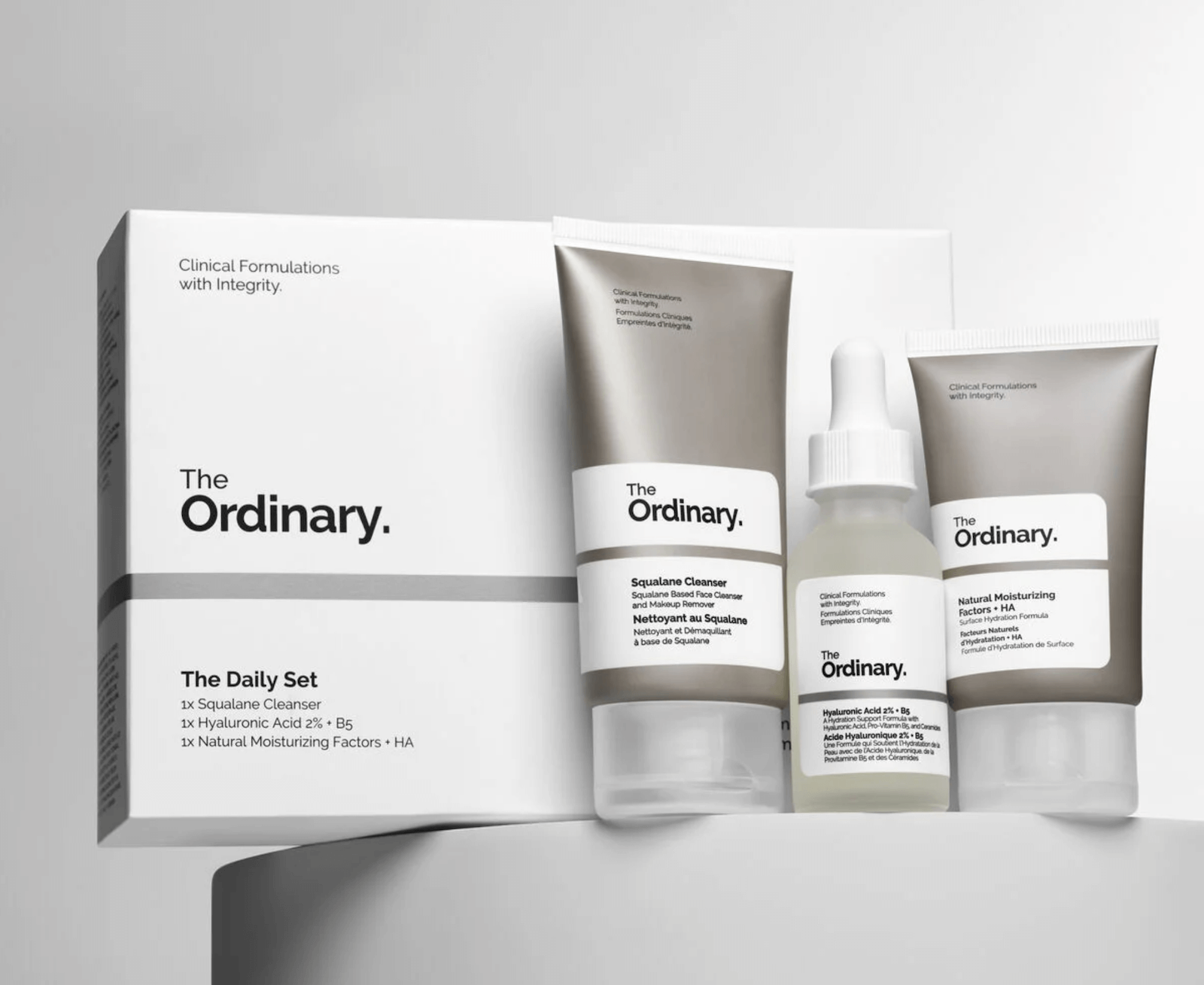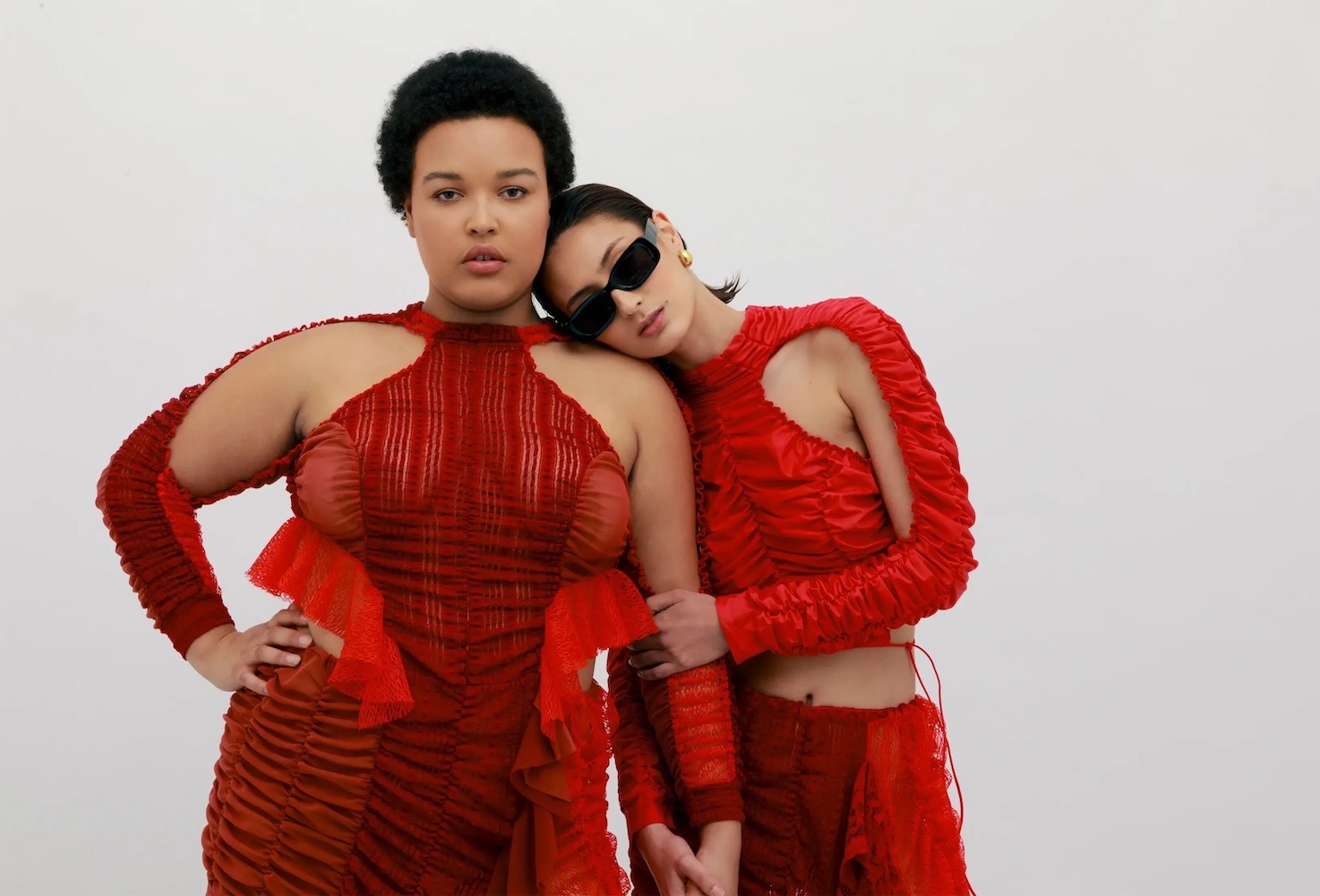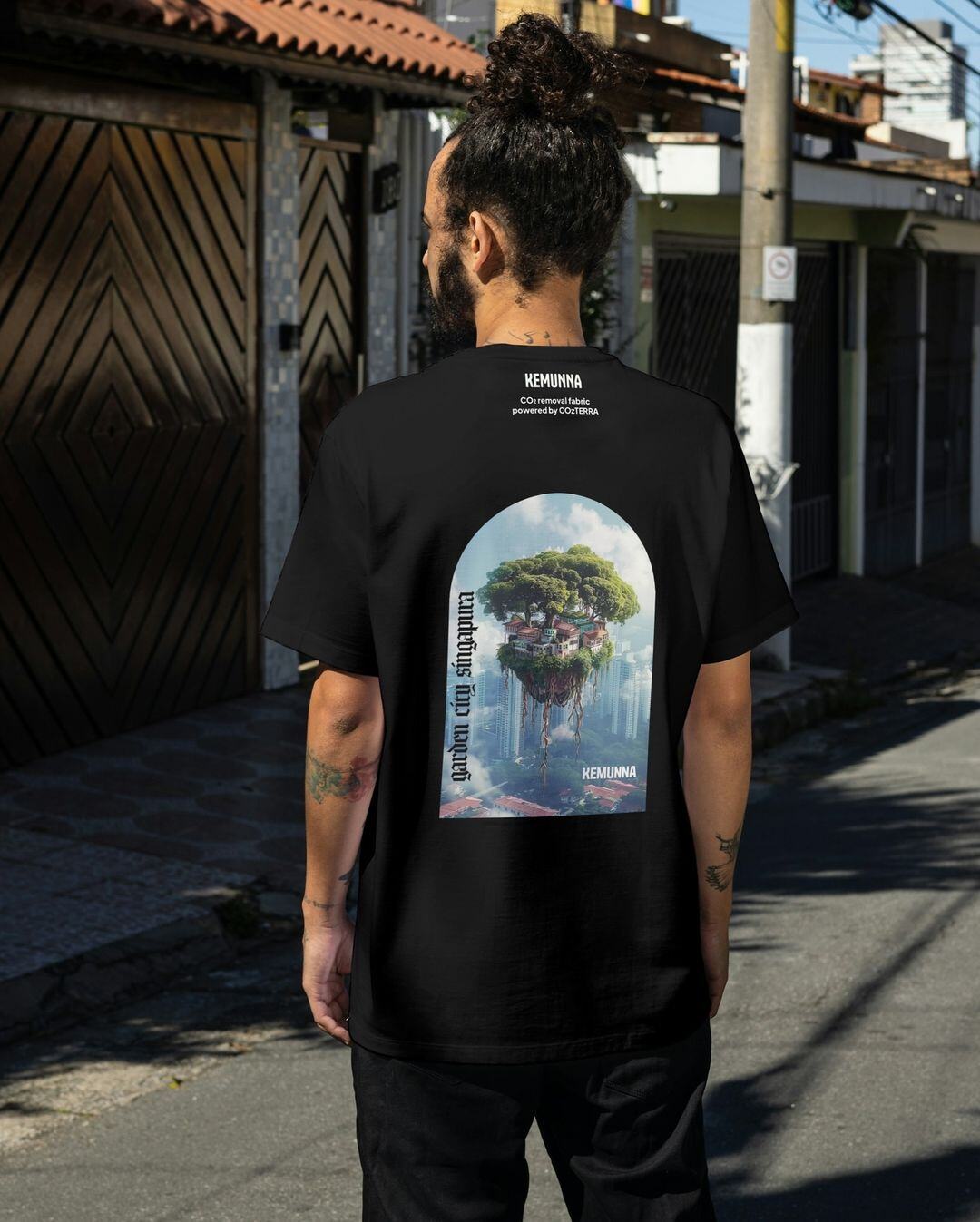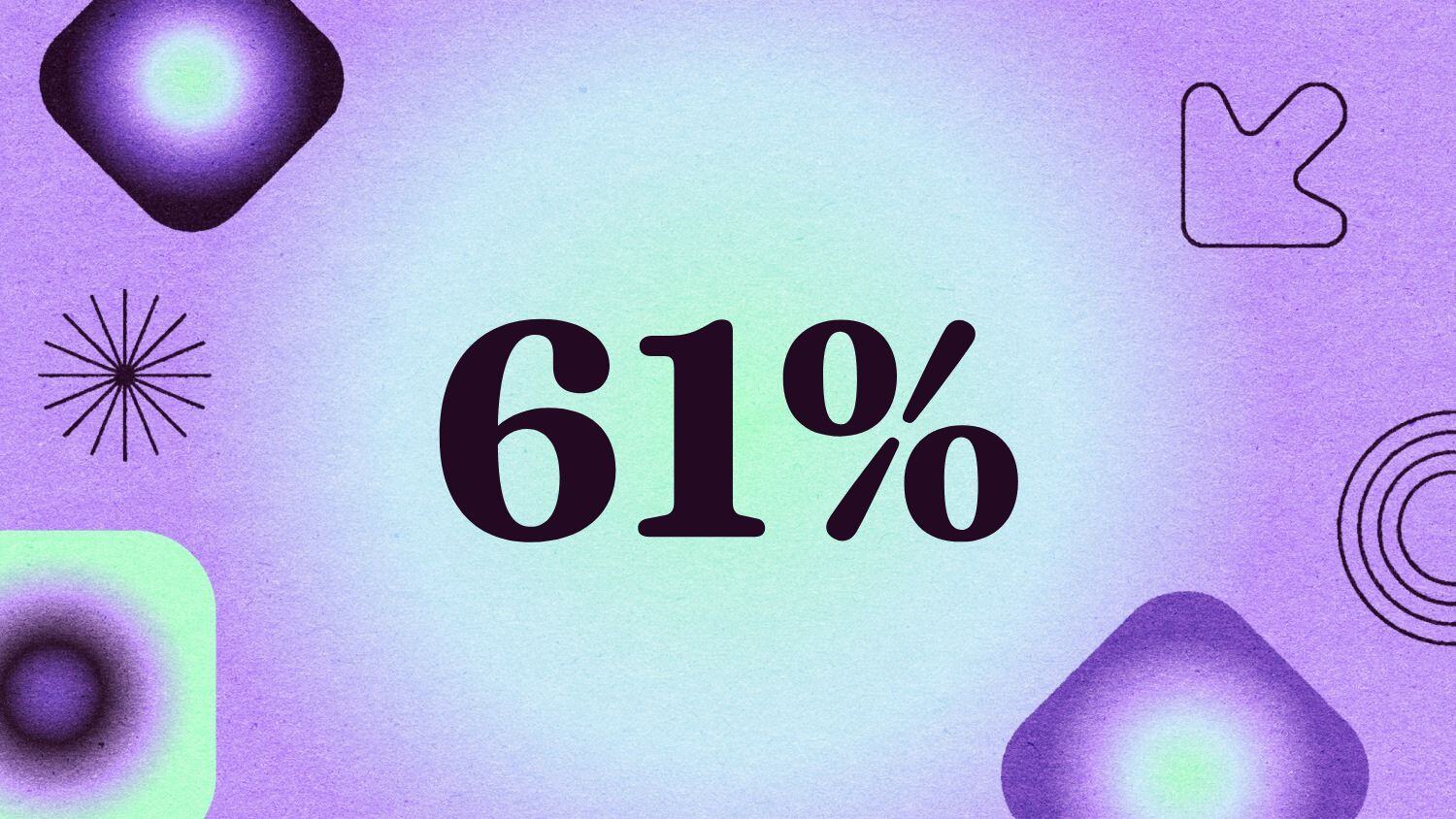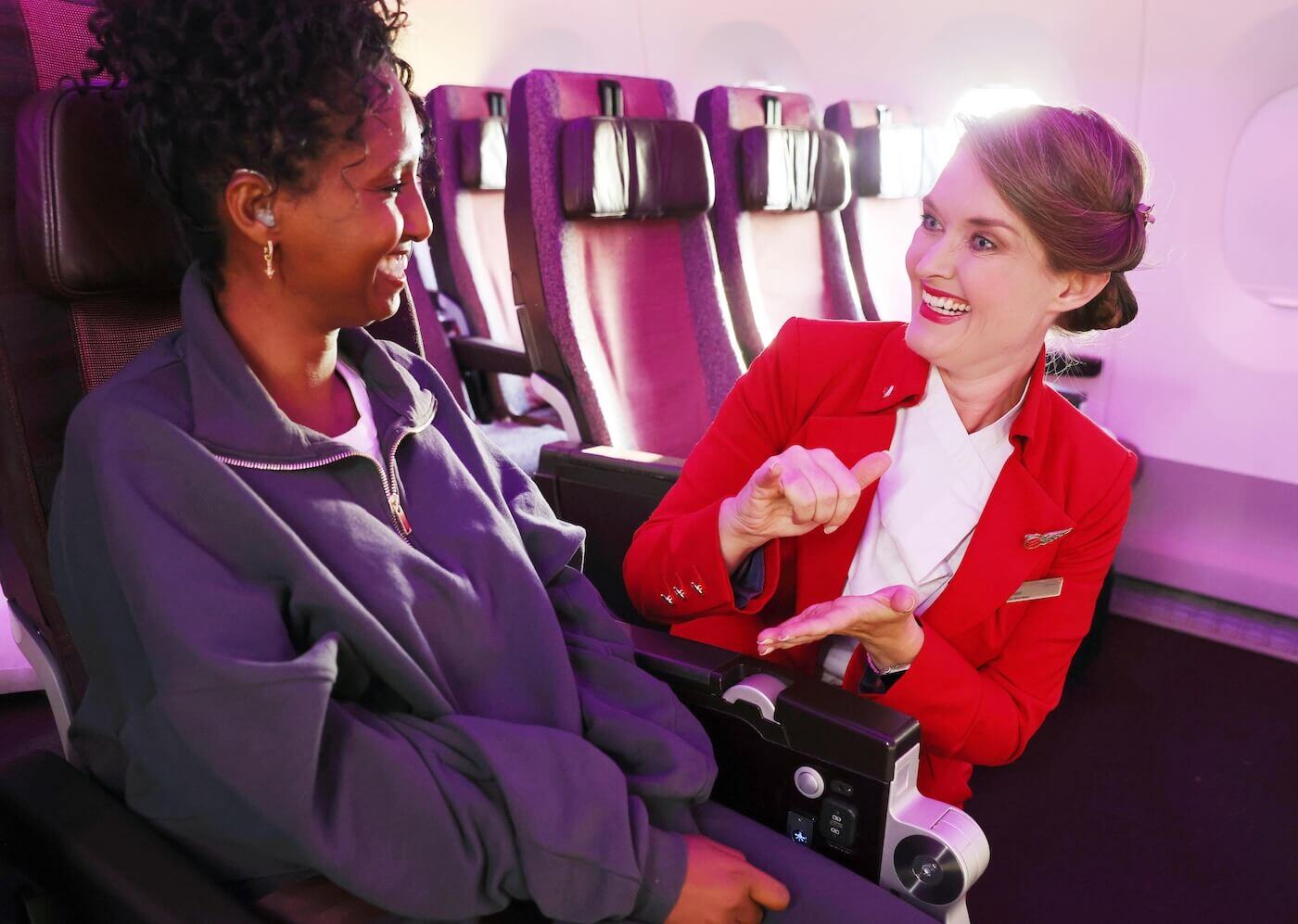Medical breakthroughs have extended lives, but the pace is slowing. In the 1990s, life expectancy in the longest-living countries grew by 2.5 years per decade. By the 2010s? Just 1.5 years. And even eliminating all deaths before age 50 would only add 1.5 years to the average lifespan, according to an October 2024 Nature Aging study. 📉
Despite billionaires chasing immortality, aging isn't slowing down. As public health expert S. Jay Olshansky puts it, "Bodies don’t operate well beyond their warranty period." Bad news for the 32% of Americans who want to live forever.
It's time to focus on health-span instead of living 120 years. Women, who outlive men but spend 25% more time in poor health, could especially benefit.
Forget pricey longevity retreats — how about free preventative bio-age testing or rewarding healthy living? 👵🌿

